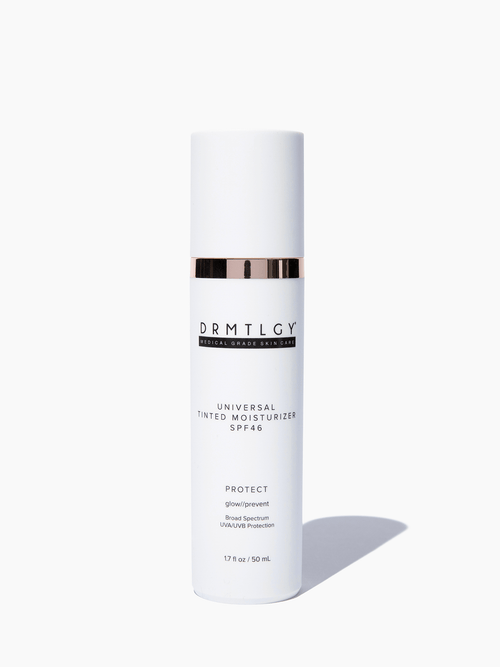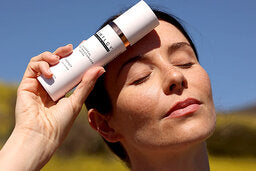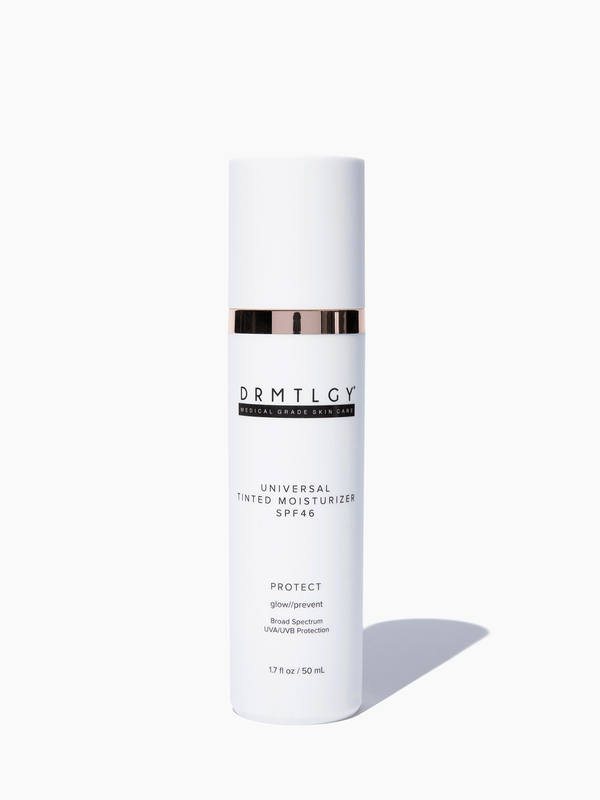Let’s debunk treating dry feet once and for all, shall we? There’s nothing to be ashamed about - everyone’s feet get dry, but we’re going to get down to the bottom of the issue and put dry feet in the past! There are so many factors that come into play when trying to uncover the reason for your dry feet: Are you drinking enough water? Are you wearing the right socks? How’s your diet? Are you super active? Is your body wash drying you out? No matter which boat you’re in, the solution is finally here.
Why Are My Feet So Dry?
Dry feet is a much more common issue than you might think, though sometimes it’s only talked of in whispers between friends, or not at all. While having dry feet is certainly not desirable, the issue is not usually harmful nor serious.
- Footwear: Dryness anywhere is due to lack of moisture, and whether you deal with sweaty feet or not, your heels will always be the driest part of your feet, due to their lack of oil glands. You would think that your sweaty feet would quell the dryness of your heels, but believe it or not humidity and moisture inside a hot shoe is actually drawing the moisture from your feet. Not to mention, your feet carry the weight of your body throughout your entire day - walking, running, standing, sometimes jumping - and the cost of this heavy load can sometimes mean calluses. Calluses are thickened layers of skin, often on the hands or feet, where friction repeatedly occurs. Calluses are much easier to manage when following a prevention routine, than they are to remove after they’ve already emerged. You can form these pesky calluses by wearing ill-fitting footwear that rubs on certain spots of your foot throughout your day. Make sure your socks are of a breathable, natural material (like bamboo or cotton) and try to remove your shoes to give your feet some fresh air whenever you can.
- Aging: As we age, our bodies have a harder time retaining moisture. Our skin becomes less ample and more thin, leaving room for dry skin to turn up. For this reason, it’s a great idea to transition into heavier creams for the face and body as we age to prevent calluses and irritation from dry skin.
- Weather: The colder months can do a number on our skin: face, body, feet - all of it. It’s hard to avoid this one if you live in a cooler climate, but it just means you’ll have to be even more diligent about your foot skincare routine during those chillier times. Central air conditioning and heating systems dry the air out inside your home - you can sleep with a humidifier in your room to solve this issue.
- Chemicals & Hot Showers: Soaps with harsh chemicals and ingredients that are quite drying to the skin can be the cause of dry skin and feet, as well as bathing in water that is very hot. It’s best to use a body wash with few, naturally occurring ingredients (avoid ethyl alcohol), and bathe in lukewarm water. Your skin soaks in moisture best when it’s wet, so be sure to moisturize your feet right after you bathe.
- Medication: Diuretic medication that, like aging, is causing your body to retain less water, can cause dry skin and feet. Be sure to drink lots of water and always consult with your doctor should your condition or your feet worsen.
- Skin Conditions: Common skin conditions like athlete’s foot, eczema, psoriasis, and diabetes can all cause your skin to dry out in certain areas, causing extreme irritation to that skin. Pay attention to the environmental factors that lead to breakouts of your skin condition - these could be stress, overwork, or a harsh chemical. Discovering what it is that irritates your skin could solve a lot more than dry feet.

Treating Your Feet
Things like drinking water, wearing natural fiber socks, and moisturizing your feet can be added to your routine and done daily, but sometimes you need to spa out and give your feet the tender care they deserve after a particularly long, cold, or dry day.
- Exfoliate: First you must prime your feet so your skin can truly absorb all the goodness that comes in the following steps. Just like your face, you can exfoliate your feet physically or chemically. You can exfoliate your feet physically by using a grainy foot scrub (you can also DIY this with sugar and honey), a dry brush, or an electronic callus remover for those extra stubborn spots. To exfoliate your feet chemically, you can use an enzyme peel or a lotion that includes ingredients such as glycolic acid, lactic acid, or alpha-hydroxy acid.
- Soak: After you’ve exfoliated, it’s time to soak your feet. Soaking your feet in plain, warm water is perfectly fine, but if you want to add in something extra you can include: epsom salt, honey, lemon juice, or a dash of vinegar (the last two are great for athlete's foot).
- File: Now it’s time to file so grab a pumice stone or foot file and get to work. Make sure your feet have sufficiently soaked before continuing to this step. Wet the file or stone with warm water and gently, but with pressure, rub the edges and heel of your foot in back and forth and circular motions. Rinse off the dead skin and file again if necessary. Once you’re finished, pat your feet dry with a clean towel.
- Moisturize: Now that your feet have been primed, soaked, and filed, it’s time to hydrate. Apply a generous amount of cream to your feet that avoids harsh chemicals, like our Concentrated Foot Cream. Our formula naturally exfoliates with a unique blend of lactic acid, ceramides, urea, and peppermint extract to soothe, hydrate and absorb quickly.
- Seal: If you’d like to go the extra mile and seal in all that hydration, you can use gel lined socks which are widely available online and are enriched with natural oils and vitamins. Otherwise, a clean pair of breathable socks over feet that have been generously moisturized will be just fine. In the morning just remove your socks and start fresh.
Preventing Dry Feet Everyday
- Drink more water
- Wear natural fiber, breathable material socks like bamboo or cotton
- Wear shoes that are the right size
- Give your feet a breather when you can
- Use a heavier moisturizer and other products that promote hydration and the retention of water in your skin
- Avoid heating and air conditioning when you can and sleep with a humidifier when you can’t
- Use body soap that has few ingredients and avoids ethyl alcohol
- Bathe in lukewarm water
- Moisturize your feet daily with a super emollient cream, like our Concentrated Foot Cream
- Start paying attention to your surroundings and what irritates your skin so you can prevent dry feet before they happen
- Get in the habit of caring for your feet at least once a week













